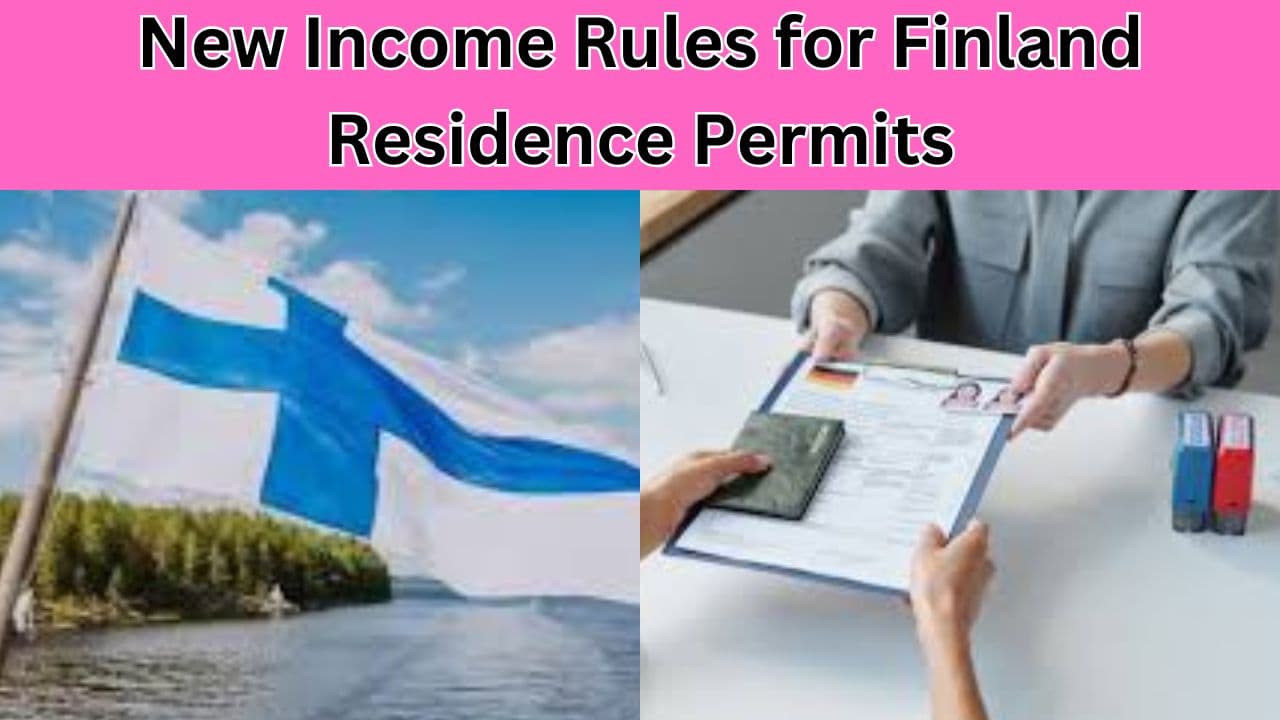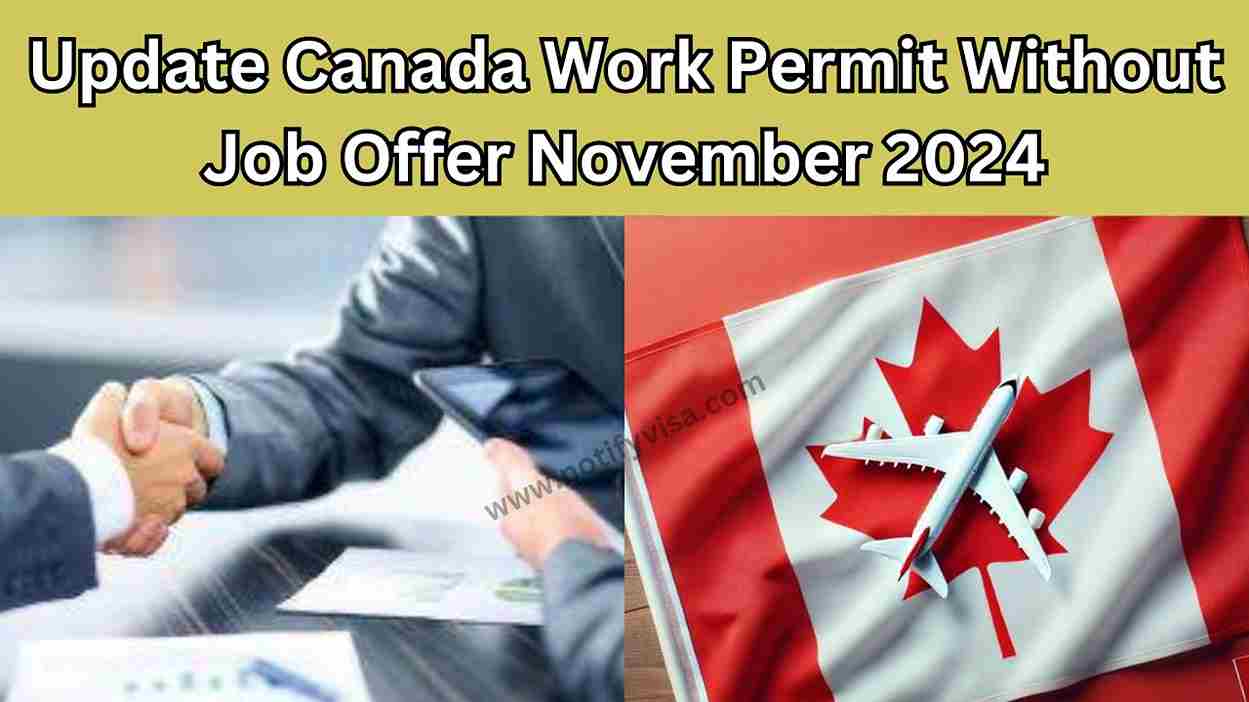Suppose you want to move to Canada to be with family again. But don’t know where to start or are worried about the immigration process? This guide can help you. It provides information about various options. That is open to immigrants in areas such as Ontario, Alberta and Nova Scotia. And provides advice on how to navigate the process of moving your loved one to Canada.
We will also talk about in-demand careers that can facilitate your family’s quicker relocation to Canada. The favorable messages? To be eligible you do not require a degree from an accredited university. Those without a degree are welcome to apply to many of these programs.
The immigration laws in Canada have changed recently, making it simpler for qualified people to get permanent residence and achieve their objectives. One significant modification is the implementation of category-based lotteries for Express Entry, prioritizing a candidate’s employment history over their Comprehensive Ranking System (CRS) score.
Some who might not have been eligible before now have more options thanks to this upgrade. But it poses concerns for people whose occupations aren’t included in these Express Entry draws: What additional avenues are there for them to investigate?
The Provincial Nominee Program (PNP) has the solution. The PNP has surpassed Express Entry as the most preferred option in recent years for economic immigration. Except for Nunavut and Quebec almost all provinces hold PNPs employing targeted draws to choose candidates who can satisfy their unique demographic and economic requirements.
To encourage their growth, each province concentrates on high-demand professions and the majority of PNPs maintain an up-to-date list of these essential positions. PNP is therefore a fantastic choice for anybody wishing to move to Canada.
There are certain qualifying requirements for each province if you are considering applying for the Provincial Nominee Program (PNP). You will also require full-time work experience in a selected or highly sought-after profession.
We have compiled a list of in-demand careers by province, along with useful resources to assist you in exploring your alternatives. We will be concentrating on the opportunities in Alberta, Ontario and Nova Scotia in this blog post.
Check Also: How to Apply for Canada 2-Year Temporary Work Permit September 2024
Alberta
The Alberta Advantage Immigration Program (AAIP) provides a list of jobs that are in high demand right now but it does not have a specific list of targeted occupations. This covers positions such as accounting clerks, transport drivers, licensed nurses, retail supervisors and managers of wholesale and retail businesses. Additionally, Alberta has a list of jobs that are ineligible for immigration under the PNP meaning that certain jobs are not eligible for immigration. Alberta also offers unique opportunities for health care and agriculture professionals through key agricultural and health care trends.
Nova Scotia
Job positions in TEER levels 3, 4 and 5, which span a range of responsibility and skill levels are particularly highlighted by the Nova Scotia Nominee Program (NSNP). Job openings in Nova Scotia right now include construction laborers, heavy equipment operators, truck drivers, food servers, cleaners and nurse aides.
Ontario
An employment offer in a high-demand occupation qualifies a candidate for the Employer employment Offer stream of the Ontario Immigrant Nominee Program (OINP). These positions are offered either outside of the Greater Toronto Area (GTA) or within the province of Ontario. Workers, butchers, fishmongers and construction assistants are among the professions in high demand.
Benefits for Canadian Permanent Residency 2024:
- Live and Work Anywhere in Canada: Whether in peaceful regions like Nova Scotia or Alberta or in busy metropolises like Toronto and Vancouver you can live and work anywhere in Canada as a permanent resident.
- Social Benefits: The majority of social benefits are available to permanent residents (PR holders) such as access to public health care and social security programs like Employment Insurance (EI) and the Canada Pension Plan (CPP).
- Path to Citizenship: The process of becoming a citizen of Canada involves applying for citizenship after a few years of residency typically three of five years which grants you the ability to vote, run for office and own a Canadian passport.
- Education Access: Attending public schools and universities at a lower tuition rate for you and your children makes higher education more affordable.
- Travel Freedom: You have the freedom to travel both inside and outside of Canada. You can also visit numerous nations particularly those in the EU, the continent of South America and the Caribbean without a visa.
- Work Opportunities: Compared to temporary work visas permanent residents have greater flexibility to work for nearly any firm in any industry.
- Legal Protections: You are guaranteed equal treatment in all spheres of life including housing and work by having the same legal rights as citizens of Canada.
- Benefits of Public Pension: If you fulfill the necessary residency requirements you may be eligible for pension benefits as a permanent resident (PR) of Canada such as Old Age Security (OAS) and the Guaranteed Income Supplement (GIS).
- Reunification of the Family: By requesting permanent residency for your spouse, kids, parents and grandparents family sponsorship enables you to bring your loved ones to Canada and enable families to cohabitate.
- Launch a Business: Permanent Residents (PR holders) can launch or invest in enterprises creating opportunities in Canada’s booming economy.
- High Quality of Life: Canada has a high standard of life thanks to its good healthcare, school system, low crime rate and clean environment.
- Mortgage Eligibility: Obtaining a mortgage makes it easier to invest in real estate and save money.
- Diverse Society: Canada is a great destination to start life. Because it is famous for its coverage People of all ages, races and religions are welcome.
- No Visa Extension Required: As PR status is permanent, there is no need for continuous visa renewal. to maintain your status You only need to have lived in Canada for two of the five years.
- Student Loans: PR holders are eligible to apply for government grants and loans to help pay for their further education.
- Recreational Opportunities: As a permanent resident Canada offers a wealth of outdoor activities to experience, including hiking, skiing and cultural events.
Conclusion:
To sum up, the Provincial Nominee Program (PNP) provides a useful avenue for obtaining permanent residence in Canada particularly for individuals employed in professions not eligible for Express Entry. Provinces can propose individuals through the PNP by the demand for positions in particular fields, such as forestry, agriculture and fisheries.
It is crucial to do extensive research on the particular prerequisites and requirements for the PNP in the province of your choice. Everyone has a list of highly sought-after jobs. You’ll be one step closer to obtaining permanent residence and employment in Canada by following this procedure.
Important FAQs About of Canadian Permanent Residence 2024:
How does one become a Canadian permanent resident?
You must first apply to the province or territory where you wish to reside to be granted permanent residence. You next submit an application for permanent residency to Immigration Refugees and Citizenship Canada (IRCC) if that province or territory nominates you. An IRCC officer will assess your application by Canadian immigration regulations.
Is obtaining PR in Canada simple?
Selecting Canadian provinces where employment prospects align with your skill set will facilitate your PR application. Selecting the appropriate province increases the likelihood that you will be accepted and sent an invitation.
What is the fastest route to Canadian permanent residence?
The shortest and most well-liked immigration path to Canada is through Express Entry. In as little as six months applicants can get permanent status using this mechanism.




jr8jyq
2uzozn